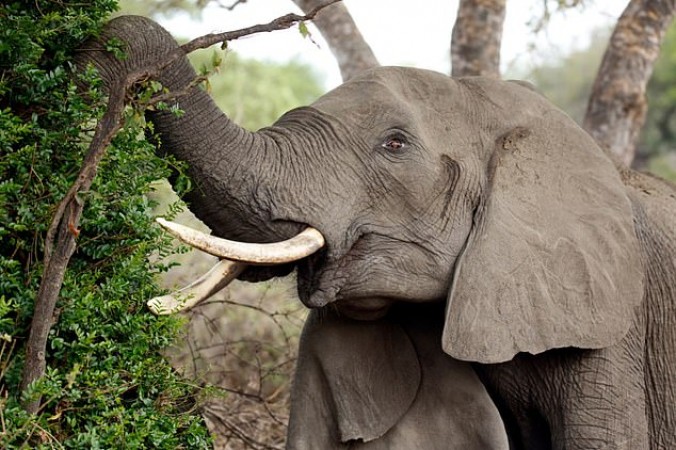
International wildlife trade is causing declines 62 per cent in the abundance of species on the planet, say scientists who call for more research on the impacts of this severe threat across the world.
The scientists, including those from the University of Sheffield in the UK discovered that wildlife trade is causing declines of around 62 per cent in the abundance of species, with endangered species suffering losses of over 80 per cent.
even though there are policies managing trade, the study, published in the journal 'Nature Ecology and Evolution', warned that without enough research on the effects of wildlife trade these policies cannot claim to safeguard species.
According to the researchers, at least 100 million plants and animals are internationally trafficked each year and the international wildlife trade is said to be worth between USD 4- 20 billion per year. Citing some examples, they said wildlife trade continues to impact the decline of African elephants due to the ivory trade and the demise of pangolin species across Africa and Asia. "Thousands of species are traded for pets, traditional medicines and luxury foods," said David Edwards, Professor of Conservation Science at the University of Sheffield. The scientists believe trapping drives particularly severe declines in species at high risk of extinction and those traded for pets.
Indonesia's landslide: Death toll rises to 12
Deepening the India-US Partnership that can benefit a fifth of humanity
Kim Jong's wife came to light of world after 1 year, questions raised on her shocking appearance